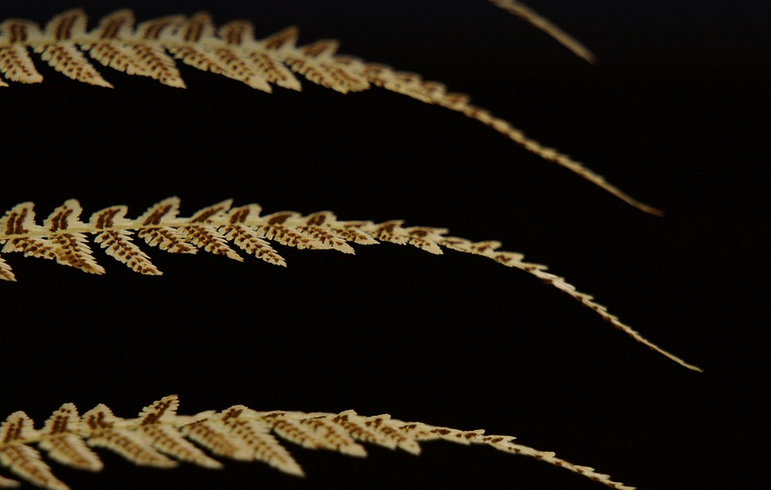
Unlocking Efficiency, Sustainability, and Profitability in the Chemical Industry
The world of plant design engineering is a fascinating mix of science, art, and technology, all working in unison to create efficient, sustainable, and profitable industrial solutions. It’s where innovative ideas meet meticulous planning, and engineers use their expertise to craft structures that efficiently transform raw materials into the finished products we rely on every day.
At the heart of plant design engineering lies the concept of transforming raw materials into valuable goods. This involves a complex journey from sourcing raw materials to processing them, packaging the final product, and transporting it for distribution across different markets. Every step along this path requires careful consideration of various factors like material selection, energy consumption, safety protocols, environmental impact, and regulatory compliance.
Plant design engineers are the masterminds behind these intricate processes. They employ their in-depth knowledge of chemical engineering principles, mechanical systems, electrical engineering, and construction management to create a blueprint for the entire production process. This blueprint outlines each stage, including raw material procurement, processing, product formulation, packaging, and distribution.
But plant design isn’t just about building walls and pipes; it’s about understanding the bigger picture. It’s about optimizing processes to increase efficiency while minimizing waste and environmental impact. Plant design engineers play a pivotal role in ensuring that new plants are built with sustainability at their core, considering factors like energy consumption, water usage, emission control, and resource optimization.
The chemical industry is dynamic and ever-evolving. New technologies, regulations, and market trends constantly reshape the landscape of plant design. Plant design engineers must stay ahead of the curve, embracing continuous learning and adapting their skills to meet these challenges.
Benefits of Hiring a Professional Plant Design Engineering Company
Choosing the right engineering firm is crucial for a successful project. A reputable plant design engineering company brings a wealth of experience, expertise, and resources to the table. Here’s why it’s essential to partner with a skilled team:
- **Expertise:** These companies boast seasoned professionals with deep knowledge in plant design, process optimization, safety regulations, and engineering software.
- **Specialized Skills:** They possess specialized skills in areas like automation, control systems, instrumentation, simulation modeling, and risk analysis.
- **Time & Cost Savings:** Their extensive experience enables them to streamline the design process, leading to faster project completion and potentially reduced construction costs.
- **Innovation & Efficiency:** They leverage advanced technology and innovative design techniques to create more efficient and sustainable plant operations
- **Regulatory Compliance:** They ensure the plant designs comply with all relevant local and international regulations, minimizing potential risks and legal issues.
Hiring a professional plant design engineering company is an investment in your future success. The expertise they bring will translate to cost savings, increased efficiency, and ultimately, a more profitable business operation.
The Plant Design Engineering Process: A Journey of Collaboration
A successful plant design project involves collaboration between the engineer and the client throughout every stage of the process. Here’s a glimpse at the typical journey:
1. **Project Kick-Off:** The first step is to meet with potential clients, discuss their project goals, budget constraints, and desired outcomes. This initial meeting helps establish a shared vision for the project. 2. **Feasibility Study:** This stage involves determining if the proposed plant design aligns with client’s needs, considering factors like market demand, financial projections, and environmental impact. 3. **Preliminary Design:** The engineers use various software tools to create a preliminary design of the plant, including site layouts, process flow diagrams, equipment selection, and initial cost estimates. 4. **Detailed Engineering & Design:** The detailed engineering phase involves creating comprehensive blueprints, specifications for construction materials, and detailed engineering drawings. 5. **Procurement and Construction:** This stage involves securing necessary contracts with suppliers for materials and equipment, followed by the actual construction of the plant according to the design plans. 6. **Commissioning and Start-up:** Once the plant is built, a commissioning phase begins where engineers test all systems and components to ensure they are functioning as intended. The final stage involves training personnel on operating procedures, safety protocols, maintenance routines, and emergency preparedness.
Throughout each step, communication between the engineer and the client is crucial for addressing questions, resolving challenges, staying within budget, and ensuring timely project completion. The collaborative nature of this process ensures a successful plant design project that delivers on expectations.
The Future of Plant Design Engineering: Embracing Sustainability and Innovation
Plant design engineering continues to evolve, driven by global sustainability trends and technological advancements. We are witnessing the rise of digital twin technology, AI-powered simulations, and automation in the plant design process.
In the future, we can expect:
- **Greater Automation:** Artificial intelligence and data analytics will play a more prominent role in optimizing processes and predicting potential issues before they arise.
- **Sustainability as a Cornerstone:** With an increased focus on renewable energy and reducing environmental impact, plant design engineering will prioritize sustainable practices throughout the entire system from raw material sourcing to disposal.
- **Enhanced Collaboration:** Collaboration between engineers, clients, and data scientists will become increasingly crucial for developing innovative solutions and ensuring efficient operations.
Conclusion: Plant Design Engineering – Your Path to a Successful Future
Plant design engineering plays a vital role in shaping the future of industries around the world. From optimizing production processes to reducing environmental impact, plant designers are essential for creating sustainable and profitable businesses. As we navigate an increasingly complex technological landscape, it becomes more important than ever to work with skilled professionals who can help us build forward-thinking plants that meet the needs of a changing world.



